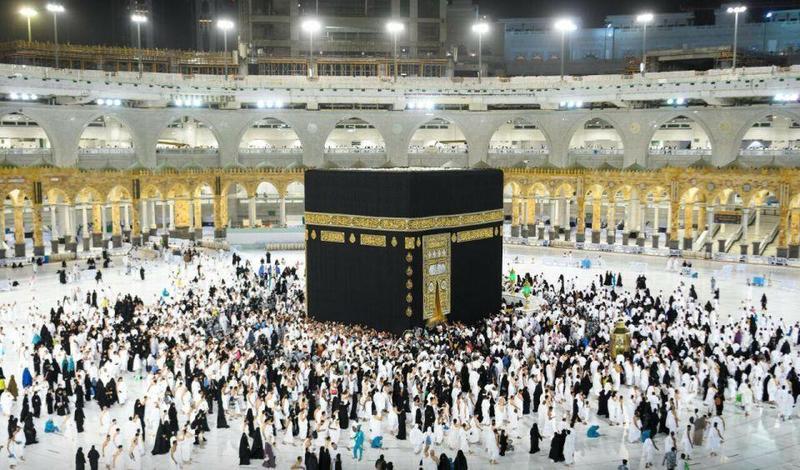How to Preform Umrah
How to Preform Umrah
Embarking on the Spiritual Journey: The Sacred Essence of Performing Umrah
Umrah, a pilgrimage to the holy cities of Mecca and Medina, holds profound significance in Islam. While not mandatory, it is a highly recommended act of worship that carries deep spiritual meanings for Muslims. Beyond the rituals and sacred sites, the performance of Umrah is a spiritual journey that transcends the physical realm, connecting the pilgrim to the rich tapestry of Islamic history and devotion.
The Spiritual Prelude
Embarking on the journey of Umrah begins with a spiritual prelude, a state of intention known as Niyyah. As pilgrims don the simple white garments of ihram, they shed worldly distinctions, entering a sacred state of purity and equality. This symbolic act sets the stage for a spiritual odyssey, where the heart seeks closeness to the Divine.
Tawaf: Circumambulation of the Kaaba:
The focal point of Umrah is the Kaaba, the House of Allah. Performing Tawaf, the act of circumambulating the Kaaba seven times, symbolizes the eternal circle of devotion and signifies submission to the Almighty. With each circumambulation, pilgrims express their commitment to the oneness of God.
Sa'i: Walking in the Footsteps of Hagar
The ritual of Sa'i retraces the steps of Hagar, the wife of the Prophet Ibrahim, as she sought water for her infant son, Isma'il. Pilgrims walk between the hills of Safa and Marwah, embodying perseverance, trust in God's providence, and the resilience of the human spirit.
Arafat: Standing in Devotion:
While not part of Umrah, the standing at Arafat during Hajj is a deeply spiritual experience. The pilgrim, clad in simple garments, stands on the vast plain, symbolizing humility, repentance, and seeking forgiveness. This act mirrors the ultimate gathering when all will stand before Allah on the Day of Judgment.
Zamzam: The Blessed Well
Drinking from the sacred well of Zamzam is a cherished part of the Umrah experience. Believed to be a miraculous source of water provided by Allah for Hagar and Isma'il, pilgrims partake in this act with the hope of spiritual nourishment and blessings.
The Spiritual Transformation:
Performing Umrah is not merely a checklist of rituals; it is a transformative spiritual journey. It invites reflection, repentance, and a deep connection to the principles of mercy, compassion, and justice that underlie Islamic teachings. The pilgrim emerges spiritually rejuvenated, their heart touched by the sanctity of the pilgrimage.
Conclusion
The spirituality of performing Umrah extends beyond the physical acts of worship; it encompasses a profound connection to the divine, a personal journey of purification, and a commitment to embodying the principles of Islam. Each ritual is a step closer to spiritual enlightenment, a reminder of the unity of the Muslim ummah, and an opportunity for profound introspection. Umrah, with its sacred rituals and spiritual undertones, offers a path for believers to draw closer to Allah, seeking His mercy, guidance, and blessings.
Be the first to post a message!
